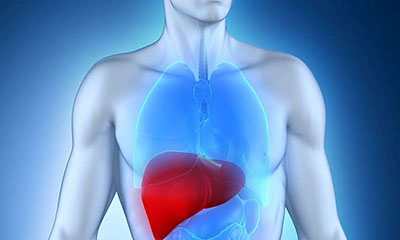What is Cirrhosis?
Cirrhosis is a complication of many liver diseases characterized by abnormal structure and function of the liver.
Common causes of cirrhosis
- Alcohol and viral hepatitis B and C are common causes of cirrhosis, although there are many other causes.
- Primary Sclerosing Cholangitis (PSC)
- Autoimmune hepatitis
- Infants can be born without bile ducts (biliary atresia)
- Less common causes of cirrhosis include unusual reactions to some drugs and prolonged exposure to toxins, as well as chronic heart failure (cardiac cirrhosis)

Symptoms of Cirrhosis of the Liver
- Individuals with cirrhosis may have few or no symptoms and signs of liver disease. Some of the symptoms may be nonspecific, that is, they don’t suggest that the liver is their cause. Some of the more common symptoms and signs of cirrhosis include:
- Yellowing of the skin (jaundice) due to the accumulation of bilirubin in the blood
- Fatigue
- Weakness
- Loss of appetite
- Itching
- Easy bruising from decreased production of blood clotting factors by the diseased liver.
Diagnosis
Cirrhosis can be suggested by history, physical examination and blood tests, and can be confirmed by liver biopsy.
What are the complications of cirrhosis?
- Edema and ascites
- Spontaneous bacterial peritonitis (SBP)
- Bleeding from esophageal varices
- Hepatic encephalopathy
- Liver cancer (hepatocellular carcinoma)
Transplantation of the liver is an important option for treating patients with advanced cirrhosis.
Article by Ms. M. Vandhana
Physician Assistant
Institute of Liver Disease, Transplantation and Hepatobiliary Surgery
Kauvery Hospital

